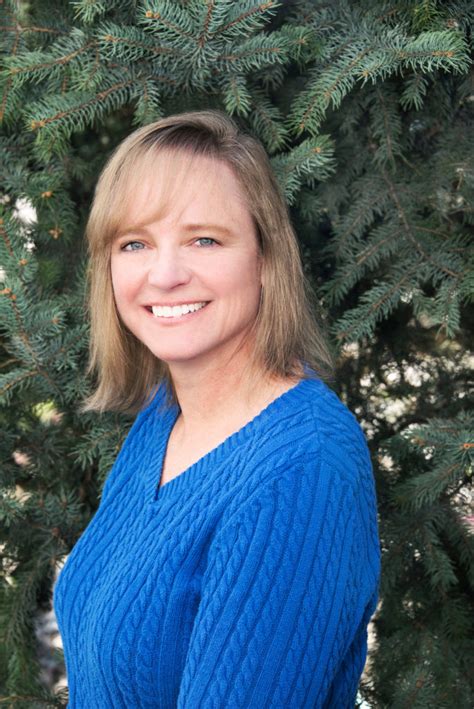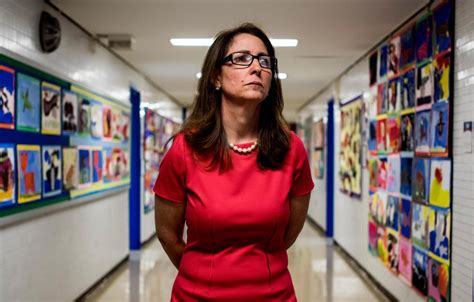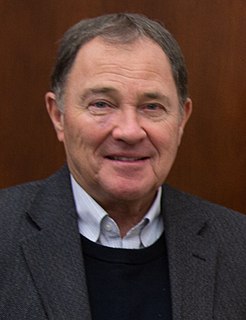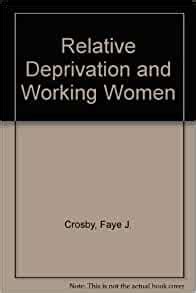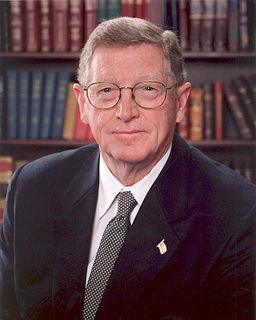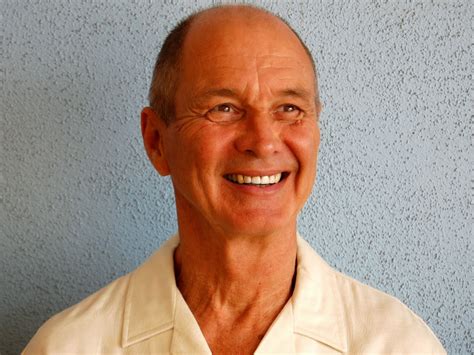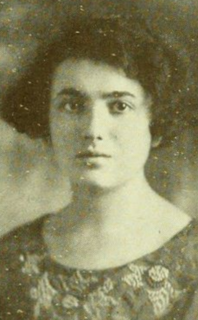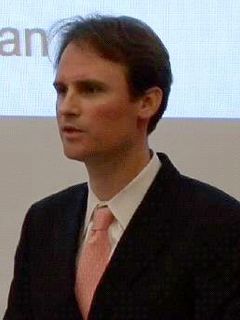A Quote by Susan Mann
Instead of being the 'font of all knowledge,' teachers are required to be effective facilitators of student learning both within and outside the classroom at any time.
Related Quotes
Teachers have told us across the country that what's severely outdated is the teacher at the front of the classroom as the font of knowledge, because as we know, access to knowledge and information is now ubiquitous. So instead, teachers want to help students learn how to think so that they can be lifelong learners.
Knowledge about yourself binds, weighs, ties you down; there is no freedom to move, and you act and move within the limits of thatknowledge. Learning about yourself is never the same as accumulating knowledge about yourself. Learning is active present and knowledge is the past; if you are learning to accumulate, it ceases to be learning; knowledge is static, more can be added to it or taken away from it, but learning is active, nothing can be added or taken away from it for there is no accumulation at any time.
Juggling produces both practical and psychological benefits.... A woman's involvement in one role can enhance her functioning in another. Being a wife can make it easier to work outside the home. Being a mother can facilitate the activities and foster the skills of the efficient wife or of the effective worker. And employment outside the home can contribute in substantial, practical ways to how one works within the home, as a spouse and as a parent.
